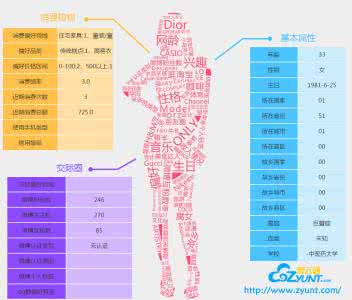Personalized chatbots focus on endowing chatbots with a consistent personality to behave like real users, give more informative responses, and further act as personal assistants. Existing personalized approaches tried to incorporate several text descriptions as explicit user profiles. However, the acquisition of such explicit profiles is expensive and time-consuming, thus being impractical for large-scale real-world applications. Moreover, the restricted predefined profile neglects the language behavior of a real user and cannot be automatically updated together with the change of user interests. In this paper, we propose to learn implicit user profiles automatically from large-scale user dialogue history for building personalized chatbots. Specifically, leveraging the benefits of Transformer on language understanding, we train a personalized language model to construct a general user profile from the user's historical responses. To highlight the relevant historical responses to the input post, we further establish a key-value memory network of historical post-response pairs, and build a dynamic post-aware user profile. The dynamic profile mainly describes what and how the user has responded to similar posts in history. To explicitly utilize users' frequently used words, we design a personalized decoder to fuse two decoding strategies, including generating a word from the generic vocabulary and copying one word from the user's personalized vocabulary. Experiments on two real-world datasets show the significant improvement of our model compared with existing methods. Our code is available at https://github.com/zhengyima/DHAP
翻译:个人化聊天室个人化的聊天室侧重于赋予具有一贯人格的聊天室,使其表现得像真正的用户一样,提供更多信息,并进一步充当个人助理。现有的个性化方法试图将若干文字描述作为明确的用户简介纳入其中。然而,获取这种清晰的简介既昂贵又费时,因此对大规模现实世界应用程序来说不切实际。此外,限制的预定义简介忽视了真正的用户的语言行为,无法随着用户兴趣的变化自动更新。在本文中,我们提议从大型用户对话史中自动学习隐含的用户简介,以建立个性化聊天室。具体地说,利用变异器对语言理解的好处,我们培训一个个性化的语言模型,从用户的历史反应中构建一个通用用户简介,用用户历史简介来构建一个通用的用户概况。为了突出对投入站的相关历史反应,我们进一步建立一个历史后对人的语言记忆网,并且建立一个动态的后觉用户简介模式。动态简介主要描述了用户对历史类似文章的反应和反应方式。为了明确利用用户经常使用的词语,我们设计了一个个性化的版本,我们设计了一个个人化的用户化的版本,用来将个人化的版本转换为个人化版本的版本的版本的版本的版本,将个人化的版本的版本与个人化的版本用于个人化版本的版本的版本的版本的版本的版本的版本的版本的版本化版本的版本的版本的版本的版本化版本化版本。





